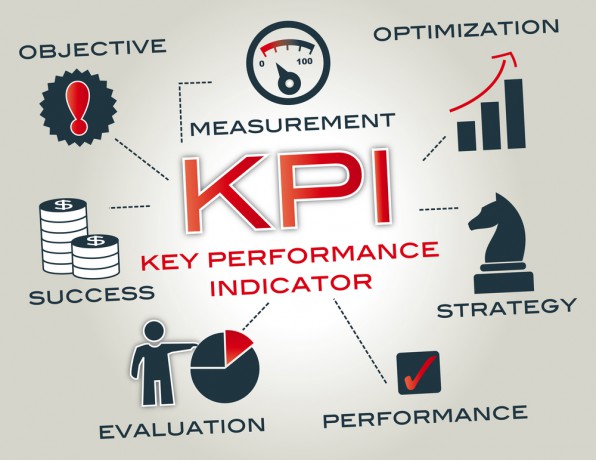

The training course will cover:
By the end of this course delegates will be able to:
Influence organisational culture and employee behaviour to support Operational Excellence
This Operational Excellence training course is appropriate for everyone in the organization but may be of special interest to anyone charged with driving the improvement of operating performance.
Day One
Competency Description: The business context for Operational Excellence and best practice improvement methods associated with the approach.
Key behaviours
Topics to be covered
Day Two
Competency Description: Understand how value is delivered to our customers and describe current and desired performance.
Key behaviours
Topics to be covered
Day Three
Competency Description: Determine what stops the value from flowing, providing a focus on selected diagnostic techniques.
Key behaviours
Topics to be covered
Day Four
Competency Description: Developing Operational Excellence, improving the delivery of value.
Key behaviours
Topics to be covered
Day Five
Competency Description: Sustaining the improvement for lasting change.
Key behaviors
Topics to be covered
CDGA attendance certificate will be issued to all attendees completing minimum of 75% of the total course duration.
| Code | Date | Venue | Fees | Register |
|---|---|---|---|---|
| MAN176-02 | 11-05-2026 | Istanbul | USD 5950 | |
| MAN176-03 | 06-07-2026 | Rome | USD 6950 | |
| MAN176-04 | 29-11-2026 | Dubai | USD 5450 |

High-performing teams are critical to maintaining an organization's competitive advantage. These teams consistently show high levels of collaboration and innovation, and outperform their peers. In thi ...

A properly designed and effective performance management process will require a range of techniques including agreeing objectives, reviewing and monitoring performance, giving feedback, coaching, trai ...

This program aims to provide you with the latest leadership competencies so that you can significantly enhance your leadership skills. The program will focus on inspiring and empowering the individual ...

Successful leaders are those who possess and practice the management skills and techniques that maintain work productivity at high levels. Effective priority, performance and pressure management is es ...
Providing services with a high quality that are satisfying the requirements
Appling the specifications and legalizations to ensure the quality of service.
Best utilization of resources for continually improving the business activities.
CDGA keen to selects highly technical instructors based on professional field experience
Since CDGA was established, it considered a training partner for world class oil & gas institution
3012, Block 3, 30 Euro Business Park, Little Island, Co. Cork, T45 V220, Ireland
Mon to Fri 09:00 AM to 06:00 PM
Contact Us anytime!
Request Info